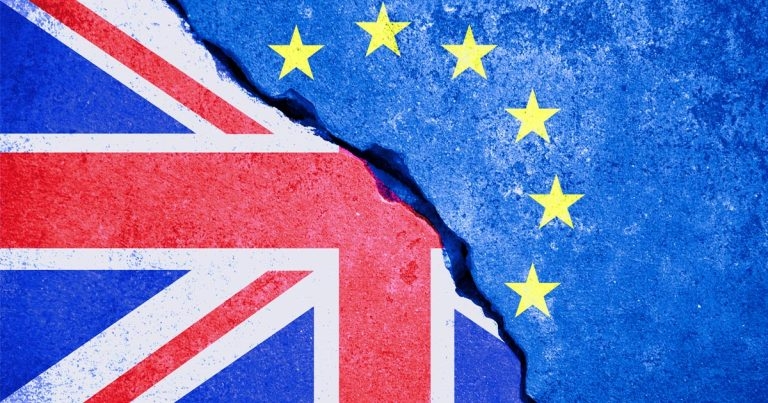22 Dec 2020
BVA pleased new report from the Environment, Food and Rural Affairs select committee highlights concerns on capacity in veterinary sector post-Brexit transition.

Image © donfiore / Adobe Stock
A report from MPs highlighting serious concerns about veterinary capacity after the Brexit transition period ends has been welcomed by the BVA.
The House of Commons Environment, Food and Rural Affairs select committee (EfraCom) inquiry into Labour in the Food Supply Chain highlights vets as essential to the food chain and emphasises the increased requirements that will be put on them for extra veterinary certification from 1 January onwards.
The EfraCom report said: “The example of the veterinarian sector highlights the important role that overseas-trained employees undertake in the food supply chain, in this case working in abattoirs that are unattractive to UK-trained vets.
“In addition, these OVs face an increase in their workload due to increased checks on exports as a result of Brexit. These factors – combined with the fact it takes several years to train vets – risk creating a situation where there is insufficient veterinary labour, without which animal products cannot be cleared for export.”
It also said both Government and business had a role to ensure skilled work in the food supply chain was an attractive career option to address reliance on migrant staff.
On the EfraCom report, BVA president James Russell said: “BVA has been raising concerns about the impact of Brexit on veterinary capacity since the referendum. As we hurtle towards the end of the transition, we are very worried about the impact on our members who are already working hard during a difficult period.
“We welcome the committee’s understanding of the critical role vets have in the food supply chain, and facilitating international trade in a way that protects animal health and welfare and public health.
“It has long been known that the UK veterinary profession relies heavily on EU-trained vets, particularly in public health roles, and it is vital that immigration policies reflect that fact.”
The BVA had given evidence to the committee on 15 September and Vet Times reported in November about its worries – in a BVA report – about the triple whammy of COVID-19, end of the transition, and exotic diseases threatening to affect the profession.